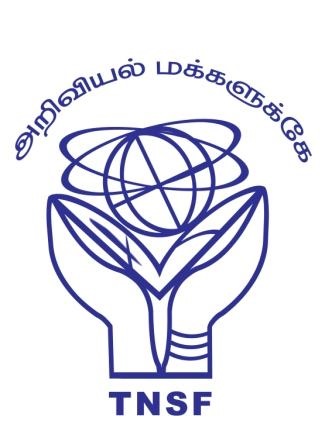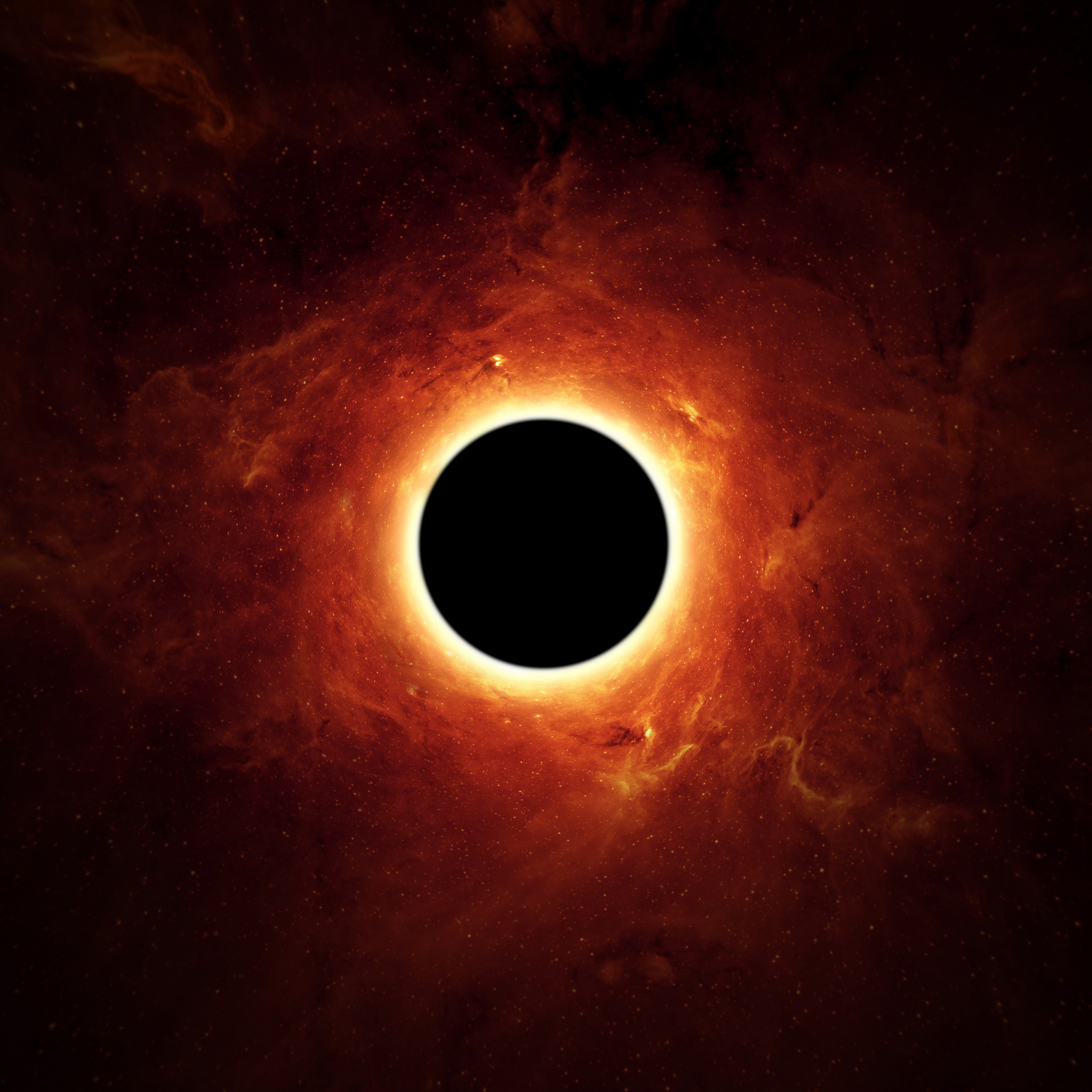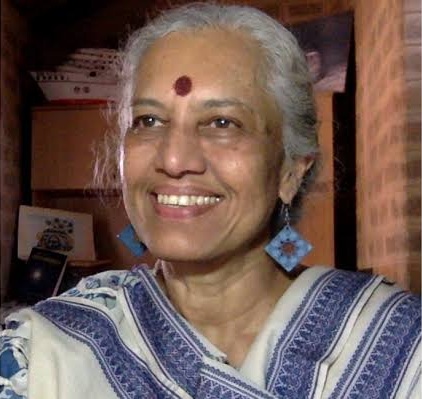About Program

This is part of its efforts to popularize science to the general public and students who are pursuing science as their career. TNSF attempt to focus on students on higher science as everyone knows that learning of science at college within the curriculum is not enough to acquire holistic knowledge of science at the appropriate time. Hence, to fill the gap between what students are acquiring through the curriculum and what it is required, TNSF is planning its activities on higher science to students who are pursuing higher education.

About the Lecture Contemporary astrophysics uses state-of-the-art technology to unravel the unknown, reaching into the cosmic depths of our universe. Among the many discoveries that have followed are the heftiest things we know, namely giant black holes that inhabit the centres of galaxies. The early evidence for these intriguing objects that emerged in the middle of the last century effectively rested on the Sherlock-Holmes argument. Today, however, we have the most direct evidence possible for black holes, got through the sharpest eyes that technology can make. She will cover some of the threads in this fascinating story.
